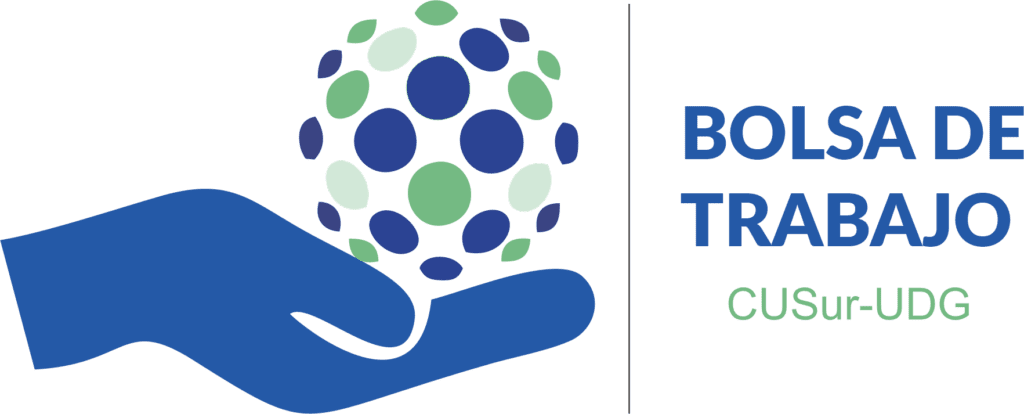
Mental Health Tools
FollowOverview
-
Founded Date diciembre 31, 1901
-
Sectors Letras Hispánicas
-
Posted Jobs 0
-
Viewed 18
Company Description
What’s The Job Market For Mental Health Assessment Articles Professionals?

Understanding Mental Health Assessments: A Comprehensive Guide
Mental health is a crucial element of general well-being, influencing how people believe, feel, and act. As the awareness around mental health concerns continues to grow, so too does the value of mental health assessments. These assessments are essential tools used by mental health specialists to evaluate a person’s psychological state and style appropriate treatment plans. This post checks out the types, functions, treatments, and significance of mental health assessments.
Comprehending Mental Health Assessments
A mental health assessment is a methodical evaluation process that uses a range of techniques to examine an individual’s mental health status. The primary functions of these assessments consist of:
- Diagnosis: Identifying mental disorders based on established criteria.
- Treatment Planning: Developing a technique for psychological treatment tailored to the individual’s requirements.
- Monitoring Progress: Evaluating the effectiveness of treatment gradually.
- Identifying Strengths and Weaknesses: Recognizing locations where the specific excels or might require additional support.
mental Health assessment articles health assessments can take many forms, from clinical interviews to standardized self-report questionnaires. Each type serves an unique purpose in collecting needed information to notify mental health interventions.
Types of Mental Health Assessments
Mental health assessments can be categorized into a number of classifications:
-
Clinical Interviews: Conversations in between the clinician and the client to collect comprehensive personal, medical, and psychological history. This method assists develop relationship and comprehend the context of the person’s mental health.
-
Self-Report Questionnaires: Standardized tools that people complete autonomously. These questionnaires examine symptoms, habits, and mindsets relevant to mental health.
-
Behavioral Assessments: Observations or examinations of specific behaviors with time, which assist to comprehend the frequency and context of these behaviors.
-
Cognitive Assessments: Tests developed to measure cognitive functions such as memory, attention, and analytical skills.
-
Structured Clinical Interviews: These are standardized interview formats that guide the clinician through particular questions intended at detecting mental disorders.
Table 1: Types of Mental Health Assessments
| Type | Description | Function |
|---|---|---|
| Clinical Interviews | Conversations with mental health specialists | Collect history and context for mental health problems |
| Self-Report Questionnaires | Personal assessments completed by individuals | Examine signs and psychological characteristics |
| Behavioral Assessments | Observations of a person’s habits | Understand behavior patterns and frequency |
| Cognitive Assessments | Tests evaluating cognitive functions | Evaluate mental processes like memory and attention |
| Structured Clinical Interviews | Standardized format for identifying mental disorders | Guarantee thorough and constant assessment |
The Importance of Mental Health Assessments
Mental health assessments hold significant significance for both people and doctor. Here are several reasons that these assessments are important:
- Early Detection: Identifying mental health problems early can prevent them from aggravating, enhancing the possibilities of effective treatment.
- Customized Interventions: Assessments supply data to customize treatment plans based upon the individual’s special concerns and strengths.
- Educational Insight: They help with understanding of mental health conditions, both for the private and their support network.
- Resource Allocation: Mental health assessments can recognize the level of care needed, guaranteeing that resources are designated efficiently.
Mental Health Assessment Process
The process of a mental health assessment generally involves numerous steps:
-
Referral: An individual might be described a mental health specialist by a primary care physician, member of the family, or through self-referral.
-
Initial Appointment: The clinician conducts a comprehensive interview to understand the person’s concerns, history, and existing emotion.
-
Using Assessment Tools: Based on the preliminary interview, particular assessment tools (e.g., questionnaires, cognitive tests) may be administered.
-
Evaluation: The clinician interprets lead to conjunction with interview data to establish a comprehensive view of the individual’s mental health.
-
Feedback and Planning: Individuals consult with the clinician to go over findings, diagnoses (if relevant), and treatment suggestions.
Frequently asked question Section
What can I anticipate from a mental health assessment?
Throughout a mental health assessment, you can expect a personal discussion where a specialist will ask questions about your psychological, psychological, and social history. Depending on your needs, you might also finish self-report questionnaires or other assessment tools.
The length of time does a mental health assessment take?
The duration of a mental health assessment can differ extensively, ranging from 30 minutes to an hour or more. The complexity of the problems at hand and the kinds of assessment utilized can influence the time taken.
Are mental health assessments personal?
Yes, mental health assessments are conducted under strict personal privacy policies. Mental health specialists are obliged to keep confidentiality, disallowing exceptional scenarios such as danger of damage to oneself or others.

What takes place after the assessment?
Following the assessment, the clinician will supply feedback, talk about the outcomes, and outline possible treatment options, which might include therapy, medication, or even more referrals.
Mental health assessments are critical in the mental health care continuum. They function as the beginning point for comprehending an individual’s psychological well-being and guide treatment decisions for enhanced mental health outcomes. By recognizing the importance of these assessments and their structured procedures, patients are much better geared up to navigate their mental health journeys, while professionals are empowered to provide more reliable care.
